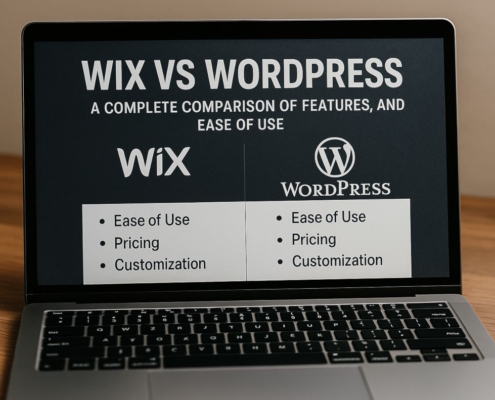Introduction
Contracts and statutes usually allow the winning party to obtain “reasonable” legal fees. But what exactly qualifies as reasonable attorney fees in California?
Since they think their fees are fair, many lawyers in the fortunate position of submitting fee-shifting motions automatically request that the court or arbitrator return the money that their client has actually given them. Unfortunately, courts & arbitrators often give those demands a “haircut,” which means that the judgment won will often be shorter than what the lawyer demanded.
As it happens, “fair” costs can—and usually do—exceed the client’s expenditure.
According to California law, reasonable attorney fees in California in a particular case are determined more by the prevailing market price of the legal counsel provided in that case than by the particulars of the fee agreement between the client and the practitioner.
The acceptable rate prevalent in the market does not have to match the actual amount billed/charged. While determining what a fair price should be, courts will take into account the intricacy of the matter. The court will also consider the attorneys’ qualifications and experience, and what is currently priced in the market. This requirement is applicable whether the lawyers claiming fees are internal counsel, serve the client on an upfront contingent fee arrangement, provide cheaper or lower prices, or charge zero fees for their services.
The Market Determines Reasonable Attorney Fees in California, Not Clients
It makes sense to prioritize the market worth of services over particular arrangements. Lawyers and their clients have a variety of agreements, many of which don’t even include stated hourly rates. Think of pro bono agreements, contingency plans, and even matters that are litigated by internal counsel. In these situations, lawyers provide invaluable services, and awards of counsel’s fees are possible even in situations when no money is exchanged between the client and the lawyer.
In fact, lawyers can and frequently do provide their clients discounts for a variety of reasons, such as the client’s financial situation, the lawyer’s previous connection with the client, requests from the client’s insurance company, and more, even in circumstances when outside counsel is hired on an hourly basis. None of the aforementioned explanations implies that the lawyer’s labor is in any way of lesser worth than it might have been had they billed the full fee.
In short, the courts recognize that reasonable attorney fees in California should reflect fair market value, not client-specific deals.
Attorneys’ fees should be discounted for the winning party, not the losing one
The reader may naturally be thinking, “That’s unfair!” Why should the winning party receive a larger fee award than what they initially paid their lawyers? The response is that the non-prevailing side would benefit greatly from the alternative, which is to lower a fee judgment just because the winning side paid their lawyer less than the going rate. After all, why should the side that lost the case be the one to gain from the discount if legal representation has a fixed value regardless of what somebody charges for it in a particular case?
Important Learnings
Lawyers who want to shift fees should think carefully about whether “reasonable attorney fees in California” meant more than the amount they invoiced their client in that particular case, given the particulars of their case. Such a request, if backed by proof, could end in an award of real fees paid, even if the court disagrees. This is without any additional “haircut” that the court might have been tempted to apply.
Don’t undervalue yourself or your clients. The concept of reasonable attorney fees in California safeguards both fairness in litigation and recognition of the true value of legal work.































